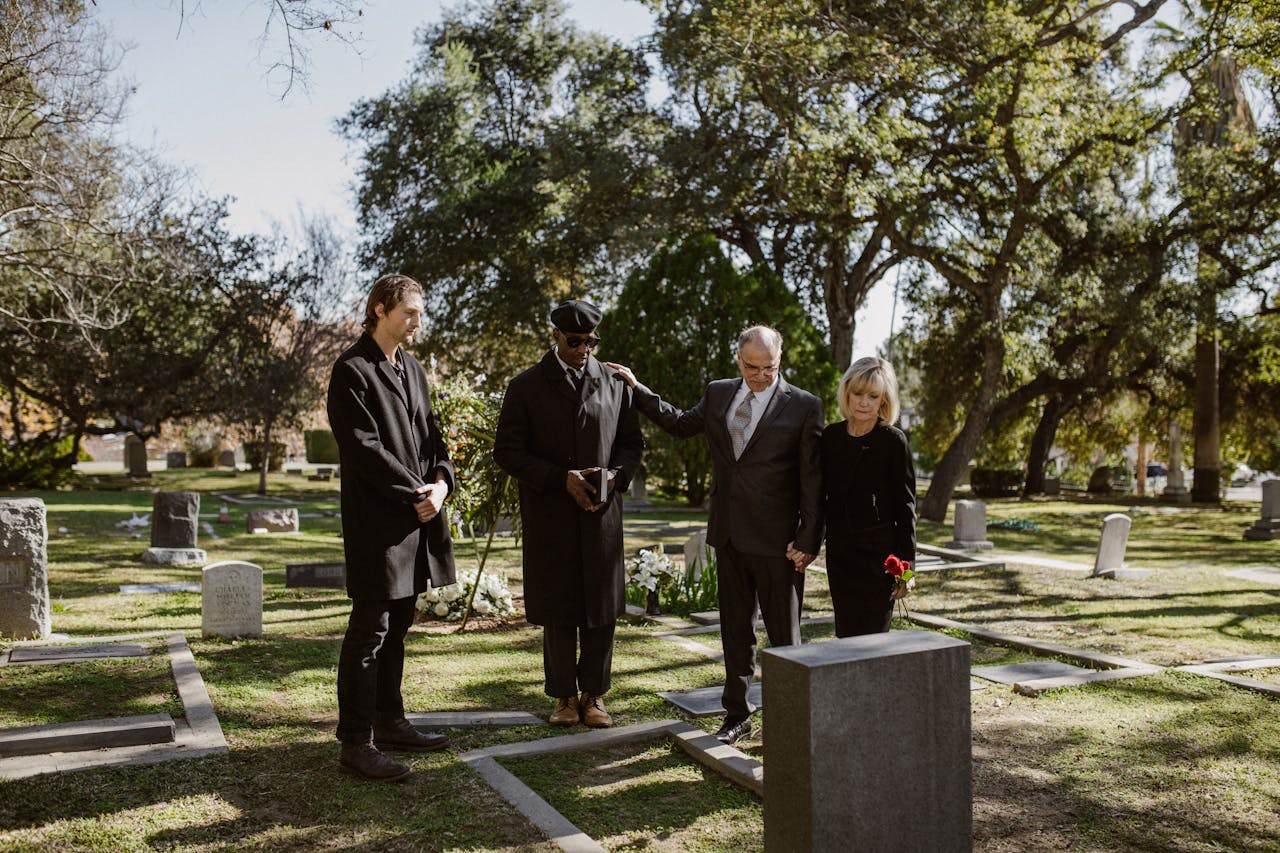Losing a loved one is an immensely challenging experience, made even more difficult when their death was caused by someone else’s negligence or wrongful actions. In Nevada, as in other states, families have legal recourse through wrongful death lawsuits to seek justice and compensation for their loss. However, navigating the legal process can be daunting. In this article, we will provide a comprehensive overview of what to expect in a wrongful death lawsuit in Nevada, from initiating the case to reaching a resolution.
Contents
Understanding Wrongful Death Laws in Nevada
- Nevada Revised Statutes (NRS) Title 11, Chapter 41 governs wrongful death actions in the state.
- Wrongful death is defined as a death caused by the wrongful act, neglect, or default of another party.
- Only certain individuals, such as spouses, children, and parents, are eligible to file a wrongful death lawsuit in Nevada.
- Damages that may be recovered include economic losses, such as medical expenses and lost income, as well as non-economic losses like pain and suffering and loss of companionship.
Initiating the Lawsuit
- The process begins with filing a complaint in the appropriate Nevada court. Working with an experienced wrongful death attorney in Las Vegas is paramount.
- The complaint must specify the legal grounds for the wrongful death claim and the damages sought.
- It is crucial to adhere to the statute of limitations, which in Nevada is generally two years from the date of death.
Discovery Phase
- Both parties engage in the discovery process, during which evidence is exchanged and depositions may be taken.
- This phase allows each side to gather information and build their case.
Pretrial Motions and Settlement Negotiations
- Either party may file pretrial motions, such as motions to dismiss or motions for summary judgment, to resolve legal issues before trial.
- Settlement negotiations may also take place at this stage, with the goal of reaching a resolution without going to trial.
Trial
- If the case proceeds to trial, both parties present their arguments and evidence before a judge or jury.
- Witnesses may testify, and experts may be called upon to provide analysis or opinion on relevant issues.
- The burden of proof in a wrongful death lawsuit is typically “preponderance of the evidence,” meaning the plaintiff must prove that it is more likely than not that the defendant’s actions caused the death.
Verdict and Appeal
- After deliberation, the judge or jury delivers a verdict.
- If either party is dissatisfied with the outcome, they may have the option to appeal the decision to a higher court.
Distribution of Damages
- If the plaintiff prevails, damages awarded by the court or agreed upon in a settlement are distributed to eligible beneficiaries according to Nevada law.
Closure and Healing
- Regardless of the outcome, the conclusion of a wrongful death lawsuit can provide a sense of closure for the family.
- It’s essential for individuals to seek support from loved ones, counselors, or support groups to navigate the emotional aftermath of the legal process.
Facing a wrongful death lawsuit in Nevada is a complex and emotional journey. Understanding the legal process and what to expect at each stage can help families navigate this difficult time with greater clarity and confidence. By seeking legal guidance and emotional support, individuals can work towards achieving justice for their loved one while focusing on their own healing and well-being.




